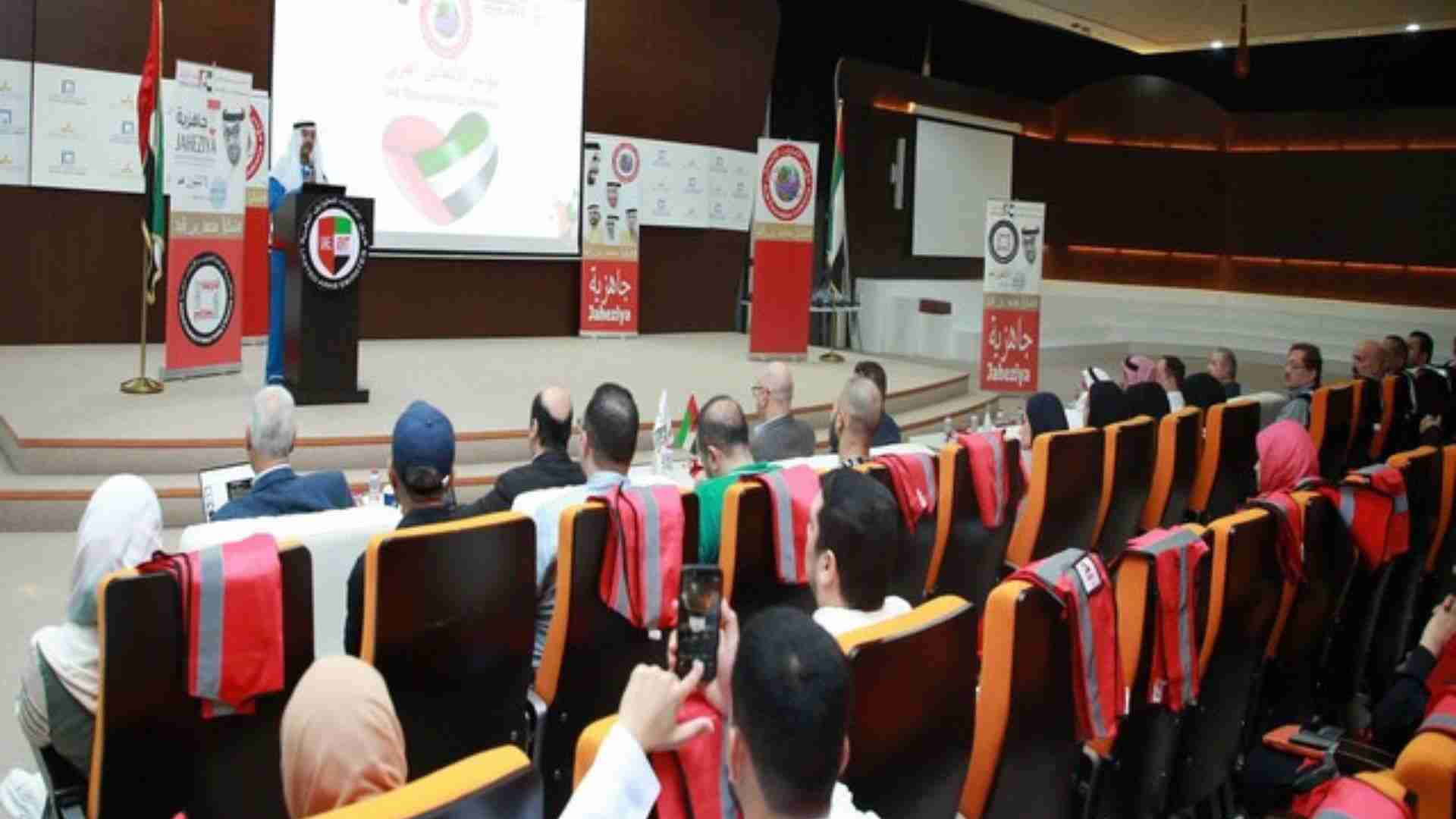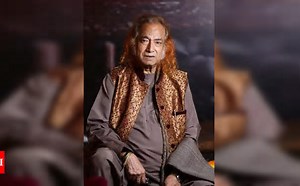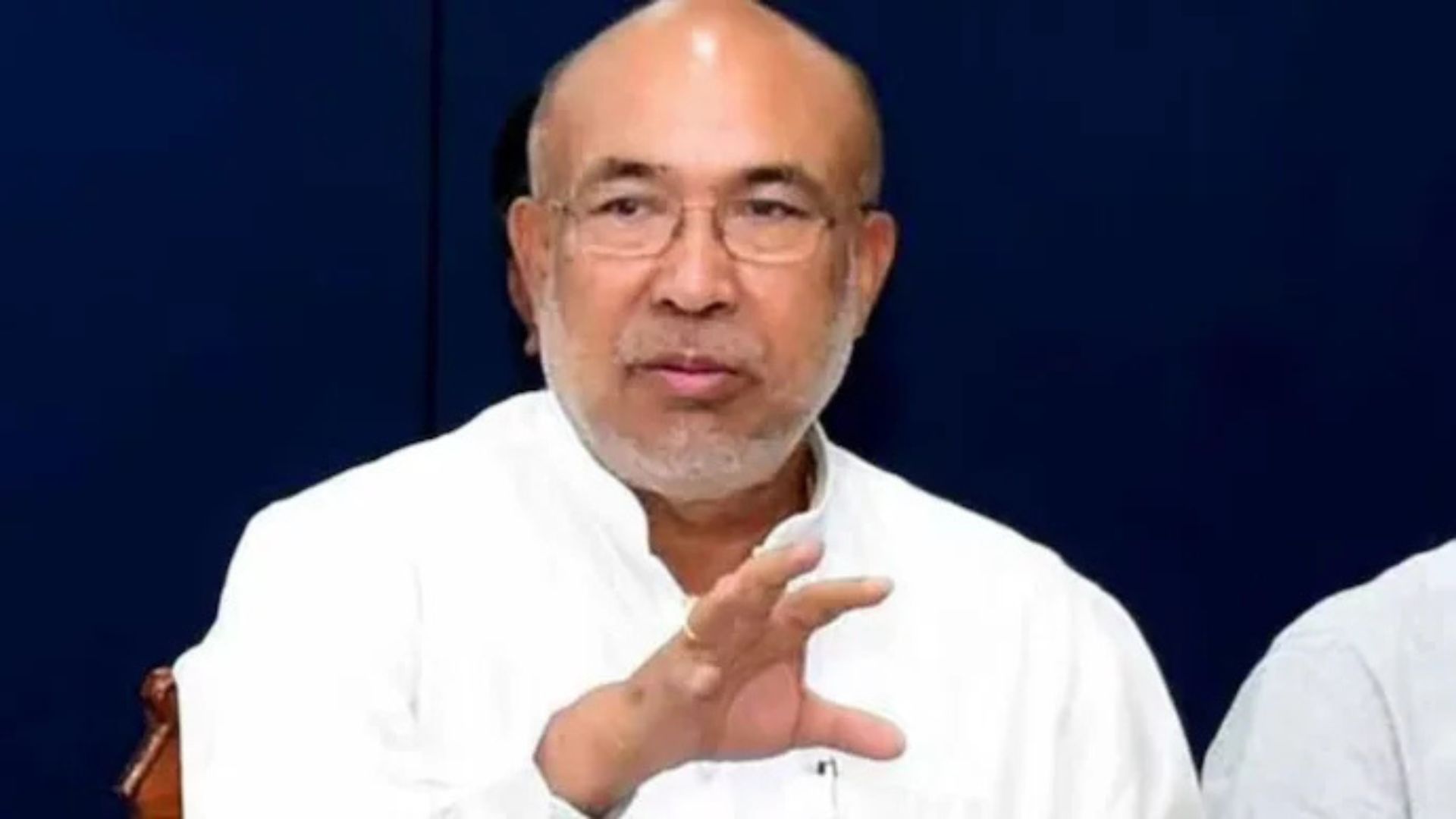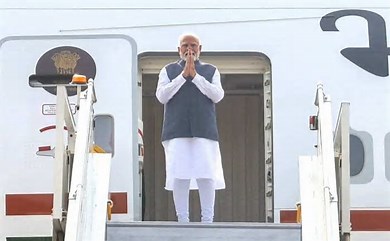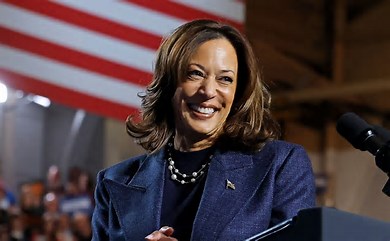Meghalaya Assembly Election 2023 witnessed the National People’s Party (NPP) emerging as the winner. There have been various political parties, mainly regional parties, contested in this election, but the way it was being assumed that major competition to the ruling party NPP was being posed by no other regional party but by the All India Trinamool Congress itself. However, Trinamool failed to make a mark, and it was found that regional parties still remained key players in this election.
Trinamool, which was being considered as a formidable force in Meghalaya, when 12 of the 17 Indian National Congress (INC) MLAs defected into AITC, including former Chief Minister Mukul Sangma. So what were the important factors that led to the lack of success for AITC in this election?
It would be imperative to observe here that a strong Opposition is essential for democracy to work in an efficient manner. Thus, Trinamool and other parties need to introspect this election to make progress towards a better future in the state of Meghalaya.
It has been noted that in Meghalaya elections, factors such as the local presence, emotional and cultural connections have a greater impact than large-scale rallies and the charisma of the leader’s visage.
Trinamool’s campaign was lacking an addressal of the key issues that were important for the people of Meghalaya. It was unable to understand the aspirations and needs of the people and failed to offer a viable alternative to the ruling NPP. An essential point to consider is that while the party’s campaign was based on highlighting the shortcomings of the ruling NPP, it is crucial for the party to emphasize the significance of its own presence, its accomplishments, and the potential it holds to provide a better alternative to the ruling NPP. Thus, it would have been more beneficial for the party if it engaged with the local populace, understood their concerns, and worked towards addressing them.
Although Trinamool deployed strategic tactics, such as attracting the support of former Chief Minister Mukul Sangma, it was unable to counteract the perception of being an outsider party in Meghalaya, where local sentiments are particularly strong. The state’s complex demographic landscape and its strong regional sentiments makes the populace feel alienated with the vision and manifestation of the parties from other states.
Trinamool’s campaign in Meghalaya focused on highlighting the limitations of the NPP in terms of corruption and the implementation of government schemes. However, it has been observed that the party did not adequately address similar issues in its home state of West Bengal, which might have raised concerns among the voters about its commitment of providing good governance and combating corruption.
Moving forward, Trinamool needs to focus on connecting with the people at the grassroots level. The party needs to identify the key issues that are important to the people of Meghalaya. It also lacked a strong organizational structure and failed to galvanize its supporters to come out and vote.
To give an instance, it has also been observed that the United Democratic Party’s (UDP) focus on engaging with the local population had a significant impact on the party’s vote share and number of seats, leading to it becoming the largest opposition. The UDP’s campaign strategy highlights the importance of the leader’s ground connectivity as a key factor influencing the overall election results in the state. The vote share consolidation in a constituency is more important than vote share consolidation over the state for the better performance of the party in terms of number of winners.
Trinamool employed a strategy of conducting large-scale rallies with prominent leaders, such as Mukul Sangma and Charles Pynrope, across the state. Indeed, large-scale rallies with prominent faces of the party are important. However, just relying on this approach results in a more fragmented vote across the state. In contrast, the party could have benefited from equally focusing on influential leaders specific to particular regions or constituencies, along with prominent figures and large-scale rallies, which may have helped to consolidate the vote.
On the contrary, NPP emphasized its campaign on Conrad Sangma’s leadership which they portrayed was characterized by his ability to connect with people from all walks of life. It focussed on campaigning through delivery of development promises and articulating his vision for the state. NPP utilized Conrad Sangma’s leadership, to exhibit that the state has seen significant progress in areas such as agricultural and farming sector, infrastructure development, and education, through schemes like FOCUS+ and Jal Jeevan Mission which emphasized on inclusive and sustainable development, to improve the lives of rural communities.
NPP also strategically incorporated prominent leaders in their alliance, while taking into account the socio-political situation of the state. This strategically determining the allocation of different stakeholders for the alliance and selecting candidates specific to areas and regions derived an optimized result. Rather than resorting to criticism and mudslinging against its opponents, the NPP centered its campaign around highlighting the benefits and development initiatives it has delivered to its constituents, and focussed on important leaders specific to regions.
A healthy democracy requires a strong and effective Opposition that can provide checks and balances to the ruling party. For this, the Opposition needs to focus on key issues that are relevant to the people and develop a well-planned strategy to win the election. It is important for the opposition to have a clear vision and communicate it effectively to the public, highlighting their alternative policies and solutions to the challenges the state is facing. They should also strive to engage with the people at the grassroots level, listening to their concerns and aspirations, and addressing them in a meaningful way. By doing so, the opposition can build a strong and loyal support base, pose a strong opposition, and contribute towards a healthy and vibrant democracy.
Akbar Ghani is a political and data analyst .
Salman Kavish is a political strategist .

